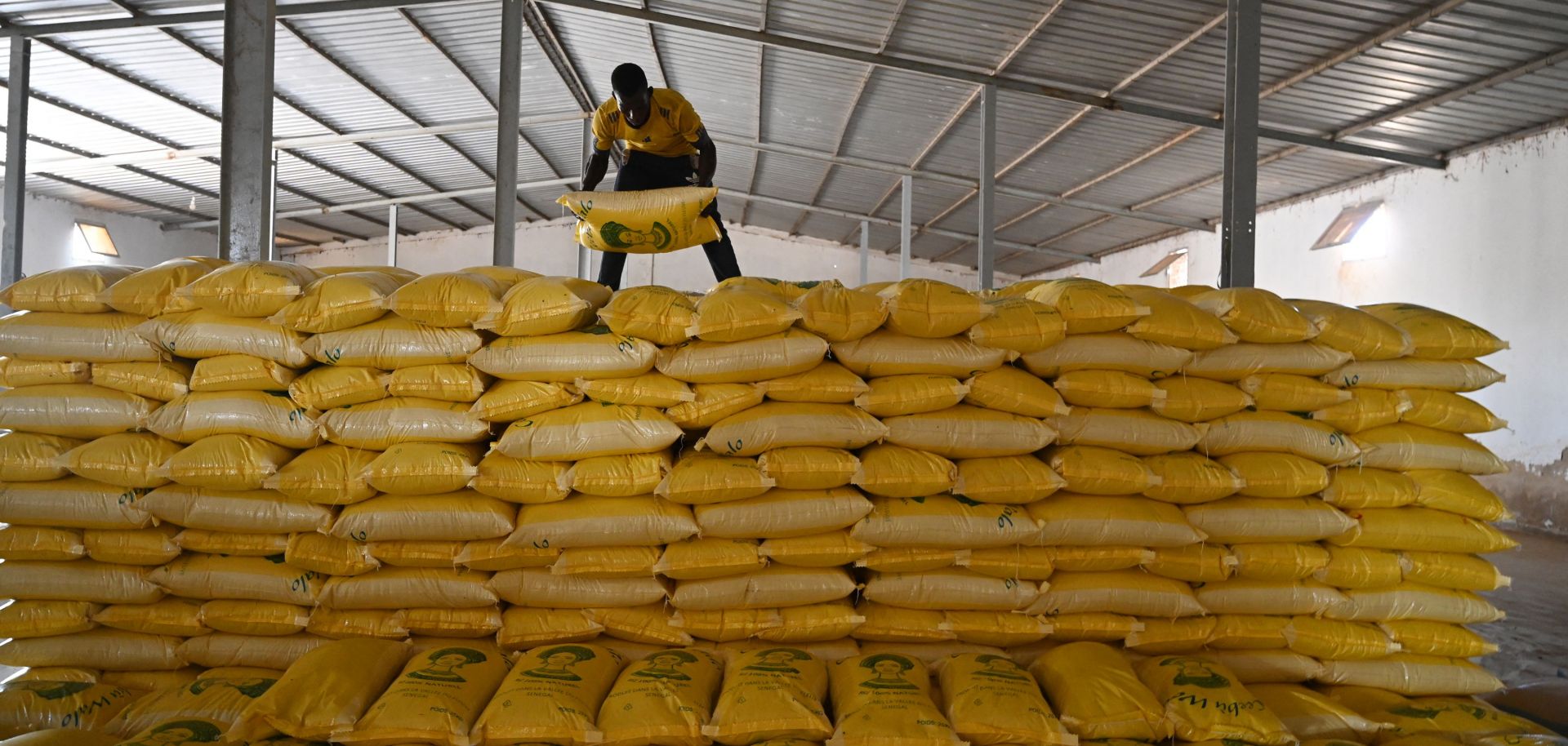The Indian government will likely continue to impose more protectionist trade measures in the coming months as it seeks to lower inflation and unemployment ahead of the April-May 2024 general election, which will further strain global food supplies by reducing exports from one of the world's top agricultural producers. In recent weeks, India's government has enacted export restrictions on various foodstuffs to shore up domestic stocks and quell rising food inflation brought on by an onslaught of climate-related crises that has hammered the country's agricultural output. In July, India -- the world's largest rice producer -- announced an export ban on non-basmati white rice. In August, the government then imposed a 20% export tax on parboiled rice, as well as a 40% export tax on onions, and is reportedly in talks with Russia on potentially importing wheat at a discounted price as well. Additionally, India -- which is also one...

